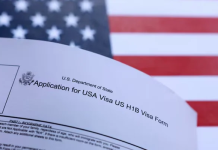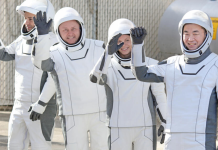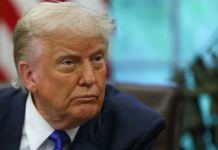Switzerland’s fabled neutral status is about to face its biggest test in decades, with the defence ministry tilting closer to Western military powers in response to Russia’s invasion of Ukraine.
The defence ministry is drawing up a report on security options that include joint military exercises with NATO countries and “backfilling” munitions, Paelvi Pulli, head of security policy at the Swiss defence ministry told Reuters.
The details of the policy options under discussion in the government have not been previously reported.
“Ultimately, there could be changes in the way neutrality is interpreted,” Pulli said in an interview last week. On a trip to Washington this week, Defence Minister Viola Amherd said Switzerland should work more closely with the U.S.-led military alliance, but not join it, Swiss media reported.
Neutrality, which kept Switzerland out of both world wars during the 20th century, was not an objective in itself, but was intended to increase Swiss security, Pulli said.
Other options include high-level and regular meetings between Swiss and NATO commanders and politicians, she said.
Moving so much closer to the alliance would mark a departure from the carefully nurtured tradition of not taking sides that its supporters say helped Switzerland prosper peacefully and maintain a special role as intermediary, including during the West’s standoff with the Soviet Union.
The idea of full membership of NATO has been discussed, but whereas Sweden and Finland – countries that also have a history of neutrality – are on the verge of joining, Pulli said the report was unlikely to recommend Switzerland take that step.
The report is due to be completed by the end of September when it will go to the Swiss cabinet for consideration.
It will be submitted to parliament for discussion and serve as a basis for possible decisions on the future direction of Swiss security policy. The report itself will not be submitted to a vote.
The defence ministry will also contribute to a broader study being prepared by the foreign ministry. That project will look at the adoption of sanctions, weapons, munitions exports and the relationship with NATO from a neutrality perspective, the foreign ministry said.
Switzerland nation has not fought in an international war since 1815, when it adopted neutrality at the Congress of Vienna which ended the French Revolutionary Wars.
The 1907 Hague Convention establishes Switzerland will not take part in international armed conflicts, favour warring parties with troops or armaments, or make its territory available to the warring sides.
Neutrality, included in the constitution, does allow Switzerland the right to self defence and scope on how to interpret the political aspects of the concept not covered by the legal definition.
It was last updated in the early 1990s after the collapse of the Soviet Union, to allow a foreign policy based on cooperation with other countries in areas like humanitarian aid and disaster relief.
The Ukraine conflict has revived the debate, now centered on the government’s decisions to impose sanctions on Russia but to stop short of allowing the re-export of Swiss-made ammunition to Ukraine.
“There is a lot of uneasiness that Switzerland cannot contribute more to help Ukraine,” Pulli said.
Backfilling – where Switzerland supplies munitions to other countries to replace those sent to Ukraine – is another potential measure, Pulli said, in a shift from the government’s policy until now, although direct supply is likely a step too far.
President Ignazio Cassis has ruled out arms deliveries to third countries in support of Ukraine, but, possibly showing a more expansive view of the issue, he has also said that neutrality is not a “dogma” and that failure to respond with sanctions “would have played into the hands of the aggressor.”

















